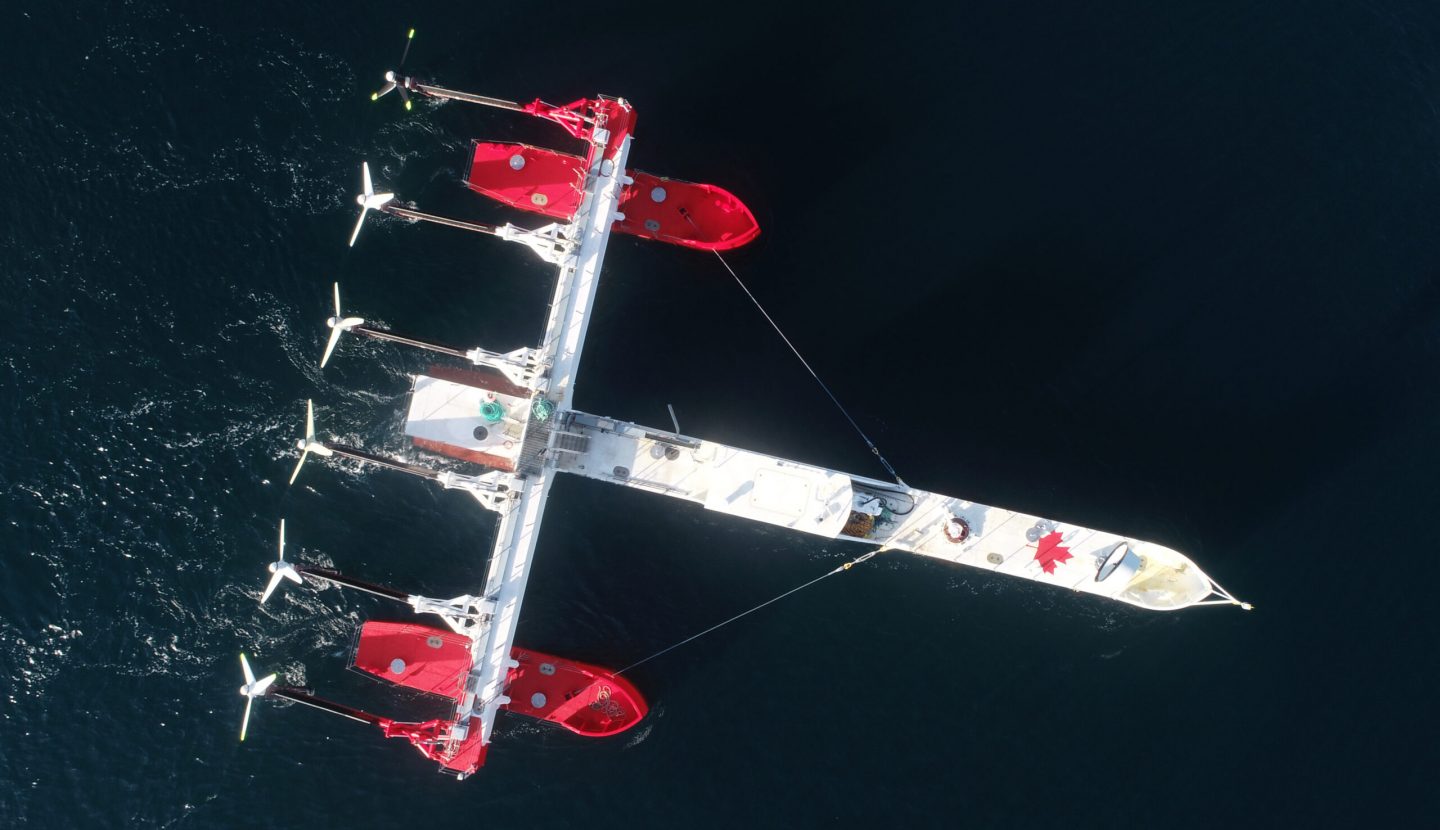There is a surplus of ocean energy projects to meet the European Offshore Renewable Energy Strategy’s target of 100 MW by 2025, according to Ocean Energy Europe (OEE).
However, the clock is ticking to get these projects across the finish line, and the European Commission and Member States are being urged to deliver now on the Strategy’s key commitment of coordination on financial support.
A total of 17 major wave and tidal projects are already in progress, representing over 160 MW of clean energy and €1.2bn of investment.
Today, the Commission was presented with a confidential ‘Target 2025’ study, produced by OEE, which details the financial, technical and regulatory aspects of these projects, and makes recommendations for action at the EU level.
OEE believes there is no more time to lose stating that financial support needs to be in place within the next two years for all projects being deployed by 2025.
Ocean Energy Europe’s CEO, Rémi Gruet, said: “10% of the time to 2025 has already passed since the Strategy’s publication – now the Commission needs to turn its ambitious objectives into tangible actions. This new study serves as a ‘how to’ guide to do just that. Bringing transformational decarbonised new energy sources to market is exactly the kind of situation where European cooperation – the EU’s reason for existence – must come into its own.”
The ‘Target 2025’ study outlines several complementary ways in which the Commission and Member States can coordinate on funding. Bilateral political engagement on existing ocean energy projects is the quickest and easiest way to kick-start coordination. Joined-up measures such as targeted revenue support, dedicated funding calls, and public procurement can then drive ocean energy deployments out to 2025 and beyond.
Catharina Sikow-Magny, Director at the Commission’s Energy DG received the publication today, ahead of her speech at the ‘Target 2025’ event, alongside MEPs Morten Petersen and Seán Kelly.
OEE states that ocean energy can help to decarbonise Europe, adding that it can support variable renewables like wind and solar, deliver new jobs in deprived coastal regions, speed up oil & gas companies’ transition, and reinforce Europe’s position as a global economic champion in the field of renewable energy.





